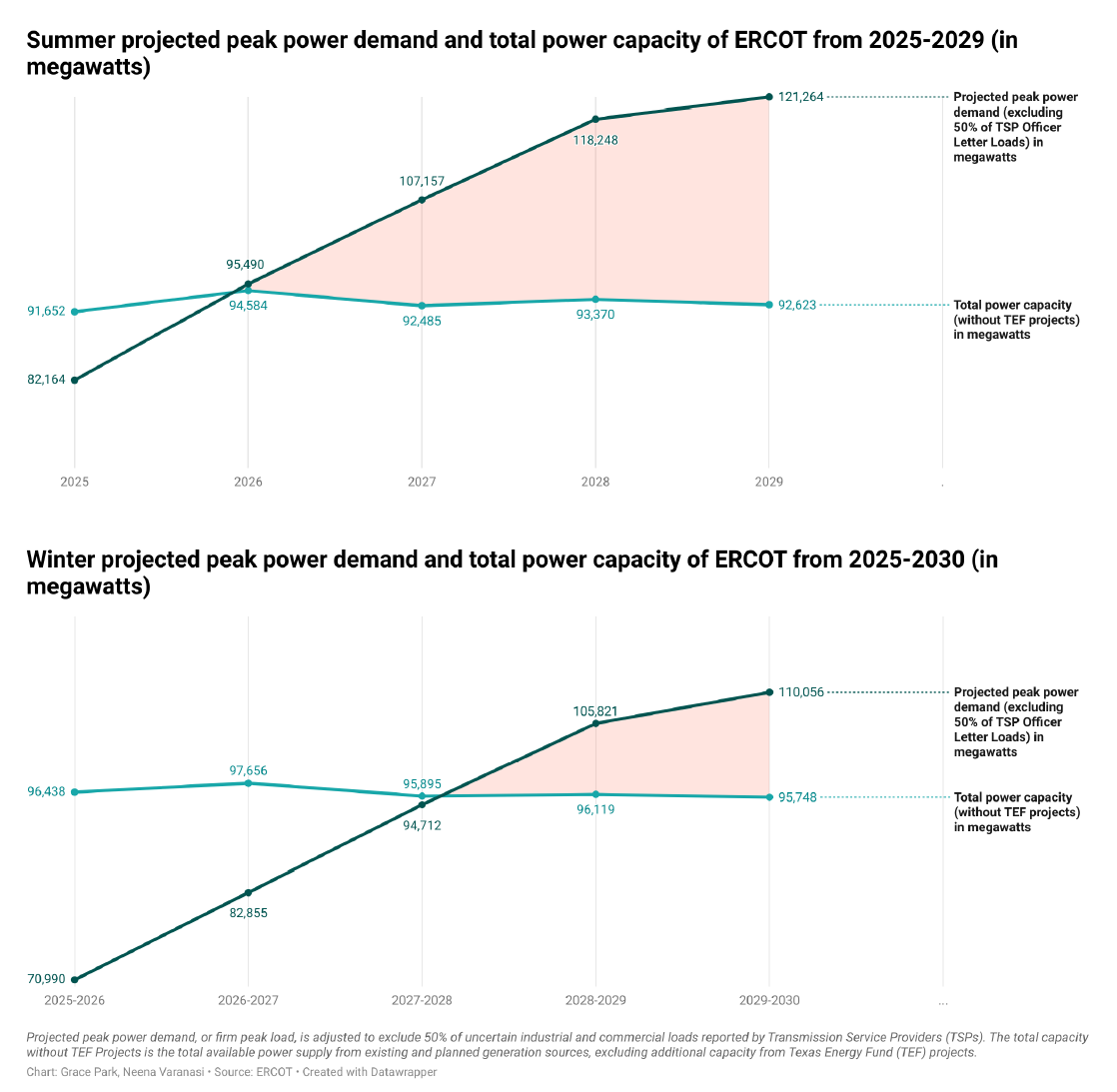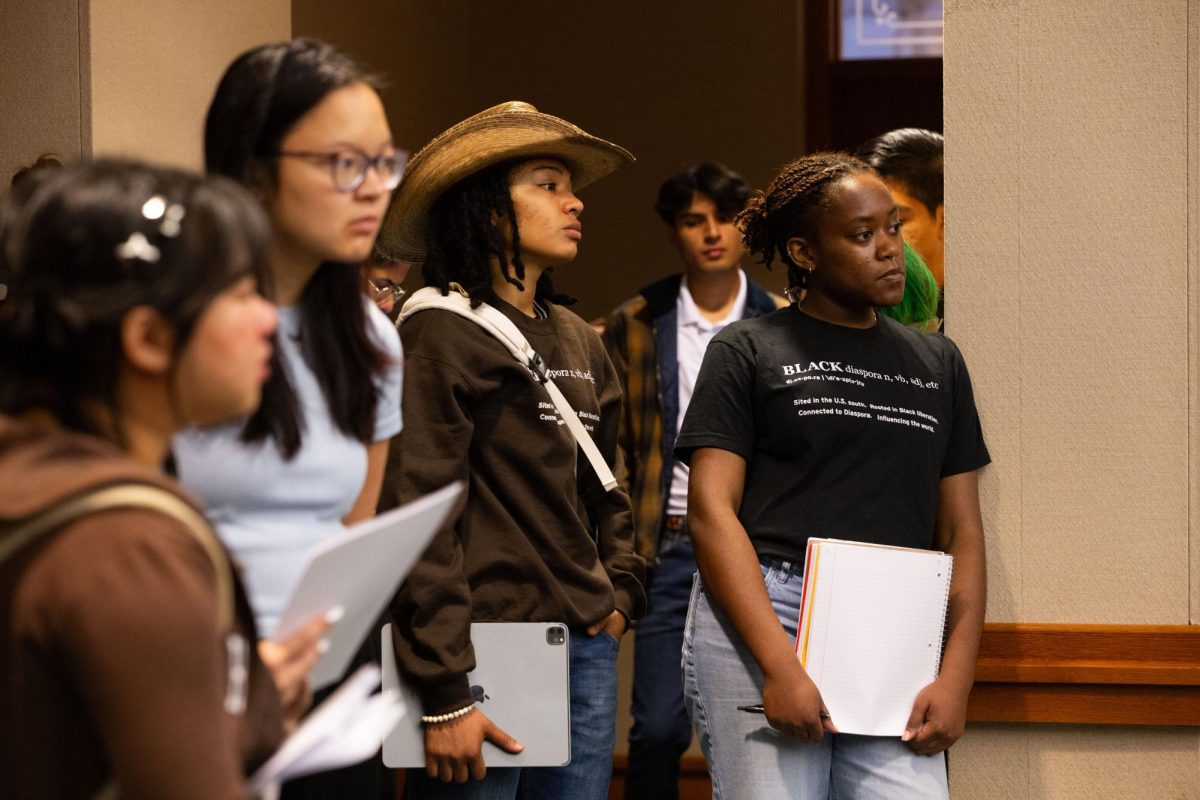In Texas, it isn't unusual to hear a “y'all” tossed around in casual conversation, but the tone of language we use differs depending on whom we're talking to, according to a new study.
Linguistics graduate student Kathleen Points examined differences in dialect through her project “Language Use in East Austin,” in which she researched language use and examines how it relates to identity. She looked at different ethnic groups that make up East Austin to determine what causes these subtle changes.
“I was interested in researching language and how people use language at a local level,” Points said. “I looked at how we use accents selectively to highlight our identity.”
Points said differences in the way certain groups speak are subtle but produce different kinds of sounds.
“I'm observing what could be the beginning of larger sound change — it's the vowel in the word ‘goose,’” Points said. “In Texas and the South, it's the traditional stereotypical Southern sound. In Hispanic English, the sound is typically more backed, where the tongue is more in the back of the mouth.”
Points said these differences in dialect change depending on simple subject matters.
“It's related to the topic of conversation,” she said. “When people are talking about negative things, their tongues are in the backs of their mouths. When they talk about things close to their heart, like cooking with their grandmother, they use the traditional white-Anglo sound.”
Linguistics professor Nora England said there's a strong tendency to try to alter our speech slightly to sound more like those we admire.
“If you look at communities of speakers and how speech changes, there's a correlation of how people talk and how other people talk that they hold in esteem,” England said.
“We have powerful motivation to speak in ways that put us in the middle of the group we want to be part of.”
Social work freshman Emma Thompson said she speaks differently when she's at home in Texas than she does when she ventures elsewhere.
“When I go out-of-state I definitely talk in a thicker accent, because people think the accent is cool,” Thompson said.
She also said talking to others that have the signature Texas twang helps to bring out her own.
“If I'm talking to someone who has a really thick accent then my accent tends to come out more,” she said.
Printed on Wednesday, February 8, 2012 as: Graduate student examine classic Texas twang accent




















